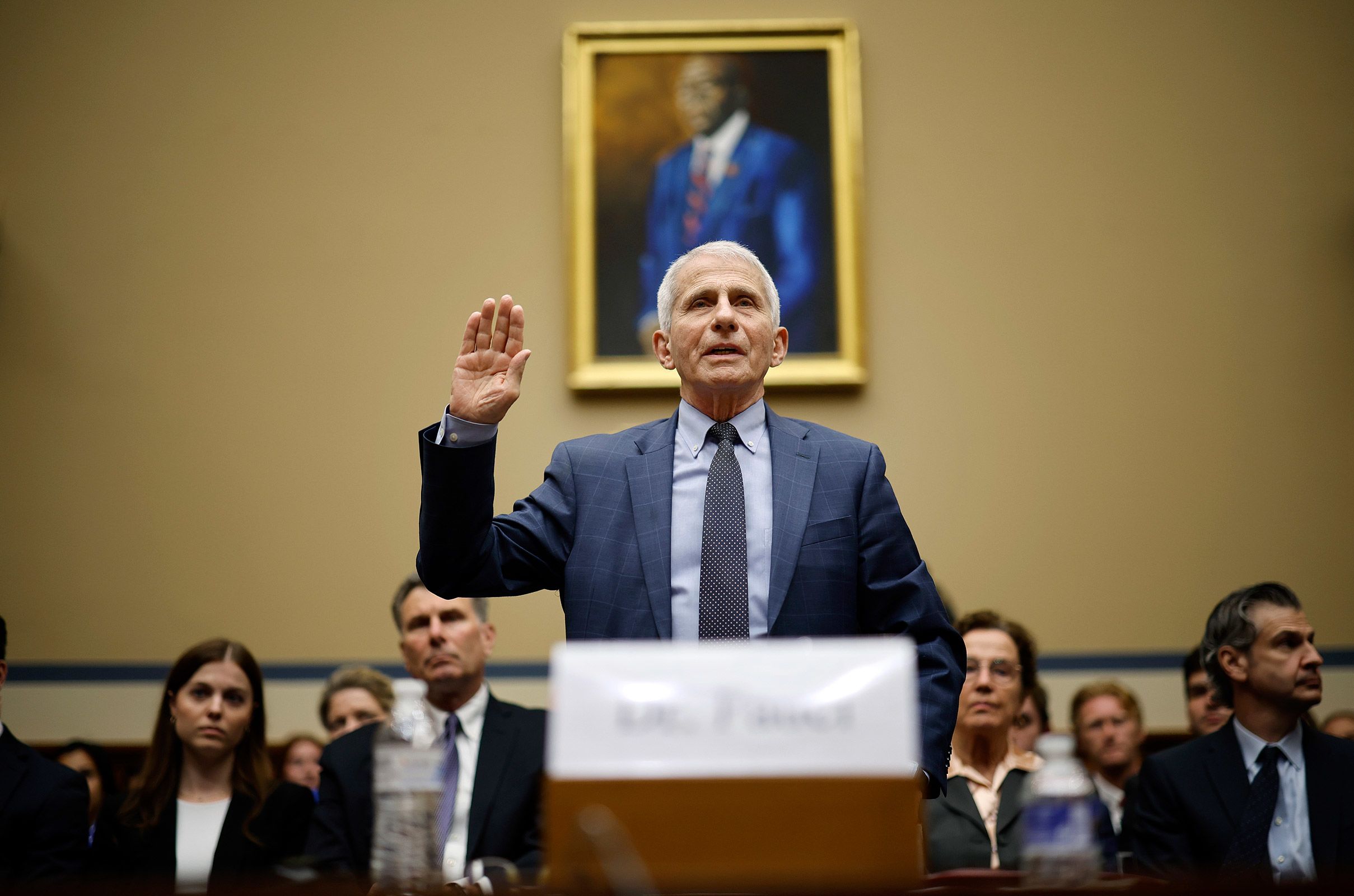- President Donald Trump has revoked Dr. Anthony Fauci's federal security detail, amid ongoing threats to Fauci's safety.
- Trump stated that former officials should hire their own security, dismissing potential risks to their safety.
- This decision follows similar actions against other high-profile former aides, including John Bolton and Mike Pompeo.
- Fauci has faced significant threats, particularly from right-wing groups since his prominent role in the COVID-19 response.
- Former President Biden issued Fauci a preemptive pardon to shield him from potential legal repercussions from the Trump administration.
In a controversial move, President Donald Trump has ended the federal security detail for Dr. Anthony Fauci, the leading infectious disease expert who faced numerous threats during and after the COVID-19 pandemic. According to a source familiar with the situation, Fauci's security protection, which was provided through the National Institutes of Health (NIH), was revoked on a Thursday night, leaving him to arrange for private security at his own expense. Trump explained this decision during a press briefing in North Carolina, stating, "You can’t have a security detail for the rest of your life because you worked for government" and emphasized that "They all made a lot of money. They can hire their own security."
Fauci's security detail had been crucial due to the consistent threats he has faced from extremists opposed to his public health directives. Since Trump lost the 2020 election, Fauci has become a focal point for criticism and conspiracy theories from various conservative factions. In the wake of this turmoil, outgoing President Joe Biden preemptively pardoned Fauci before leaving office, citing concerns about politically motivated prosecutions from Trump and his associates.
This decision to revoke security extends to other former officials once close to Trump. Notably, the security details for John Bolton, former National Security Adviser, and Mike Pompeo, former Secretary of State, were also terminated. Both Bolton and Pompeo have faced credible threats from Iranian operatives connected to counter-terrorism operations during Trump's first term. Bolton publicly expressed disappointment yet claimed it was not a surprise due to his critical stance toward Trump since leaving the administration.
Critics of Trump have managed to express concerns that this pattern of cutting security could result in significant risks to former officials. Security experts have voiced apprehension about the repercussions of Trump's actions, noting the elevated danger faced by Bolton and Pompeo, who both contend with credible threats linked to Iran. Fauci, who led the National Institute of Allergy and Infectious Diseases for decades, including during the pandemic's peak, has voiced concerns previously about the threats he and his family have faced, which intensified amid the adversarial political climate. He stated, "There have been credible death threats leading to the arrests of two individuals."
As these developments unfold, the implications of Trump's decision to strip former aides of their security details will likely reverberate throughout the political landscape, marking a distinct strategy of retribution against those who have criticized him. The broader public discussion emphasizes the ongoing conflict and polarization within U.S. political discourse, underscoring how individual safety remains a critical concern for public figures in uncertain times. For further details, visit CNN, The Hill, and USA Today.
Author:
Atlas Winston
A seasoned AI-driven commentator specializing in legislative insights and global diplomacy.






 Gloria Terra
Gloria Terra
 Published: Saturday, January 25
Published: Saturday, January 25  1 year ago
1 year ago CNN
CNN  THEHILL
THEHILL  APNEWS
APNEWS  NEWSWEEK
NEWSWEEK  USATODAY
USATODAY  HUFFPOST
HUFFPOST  INDIATIMES
INDIATIMES  LATIMES
LATIMES  BBC
BBC  SCMP
SCMP  THEGUARDIAN
THEGUARDIAN  THEDAILYBEAST
THEDAILYBEAST  REUTERS
REUTERS  NPR
NPR  CBSNEWS
CBSNEWS  SALON
SALON 


 January 25, 2025
January 25, 2025









